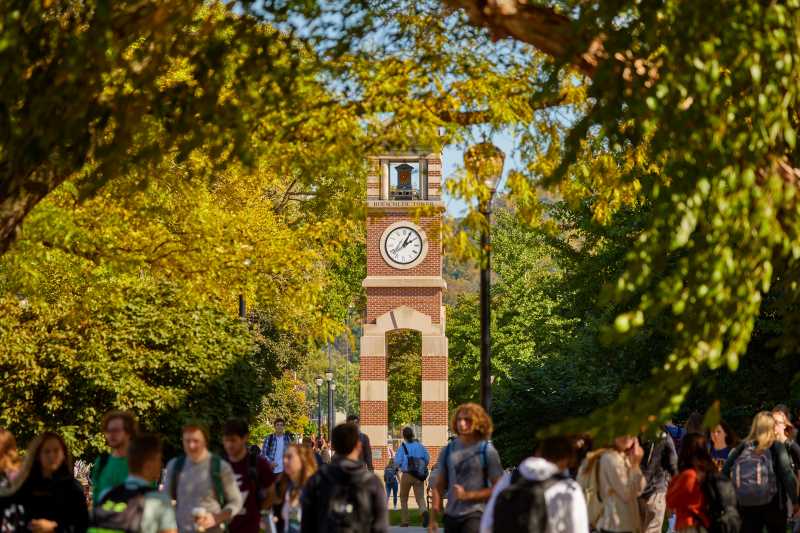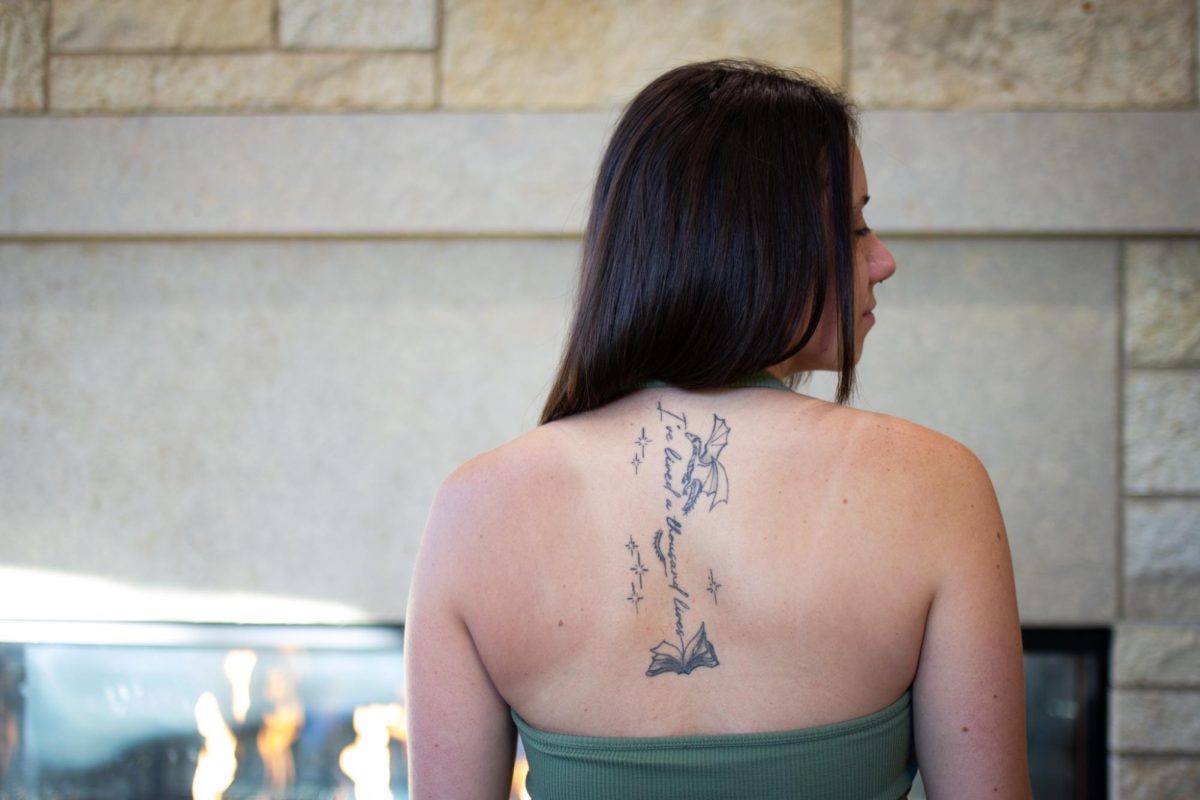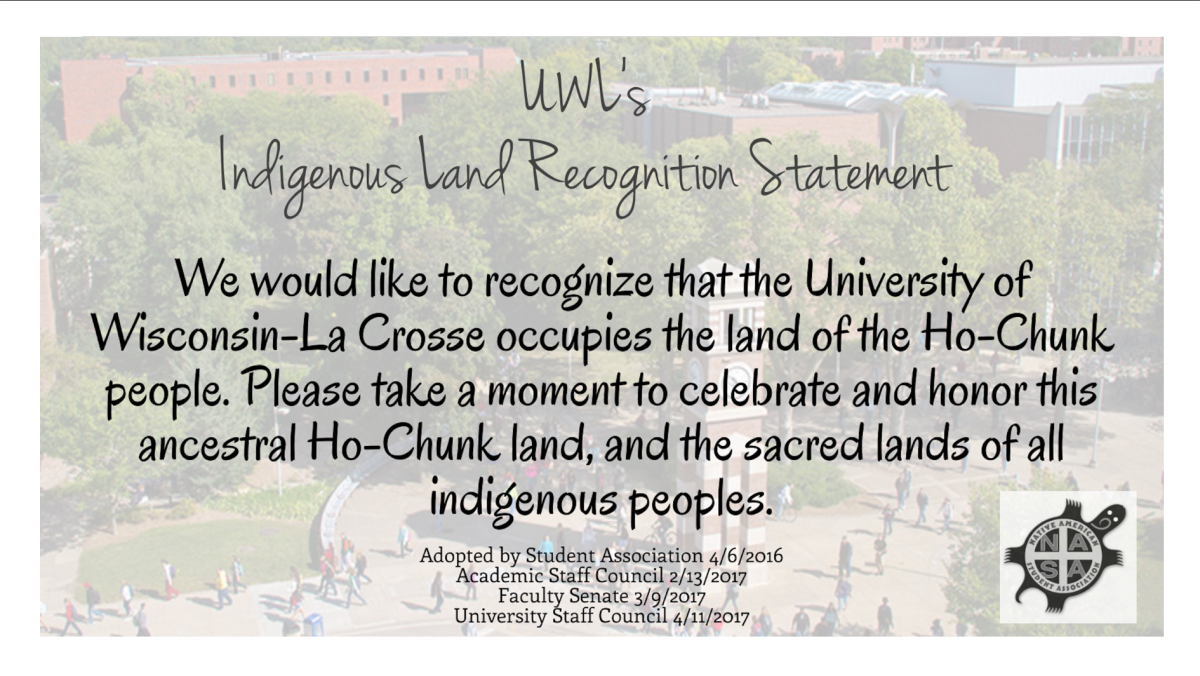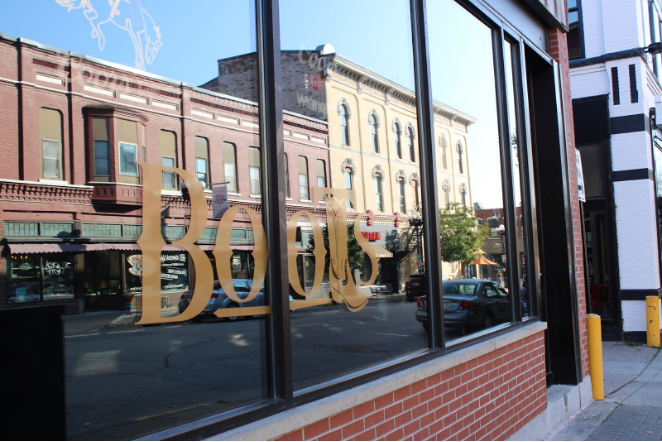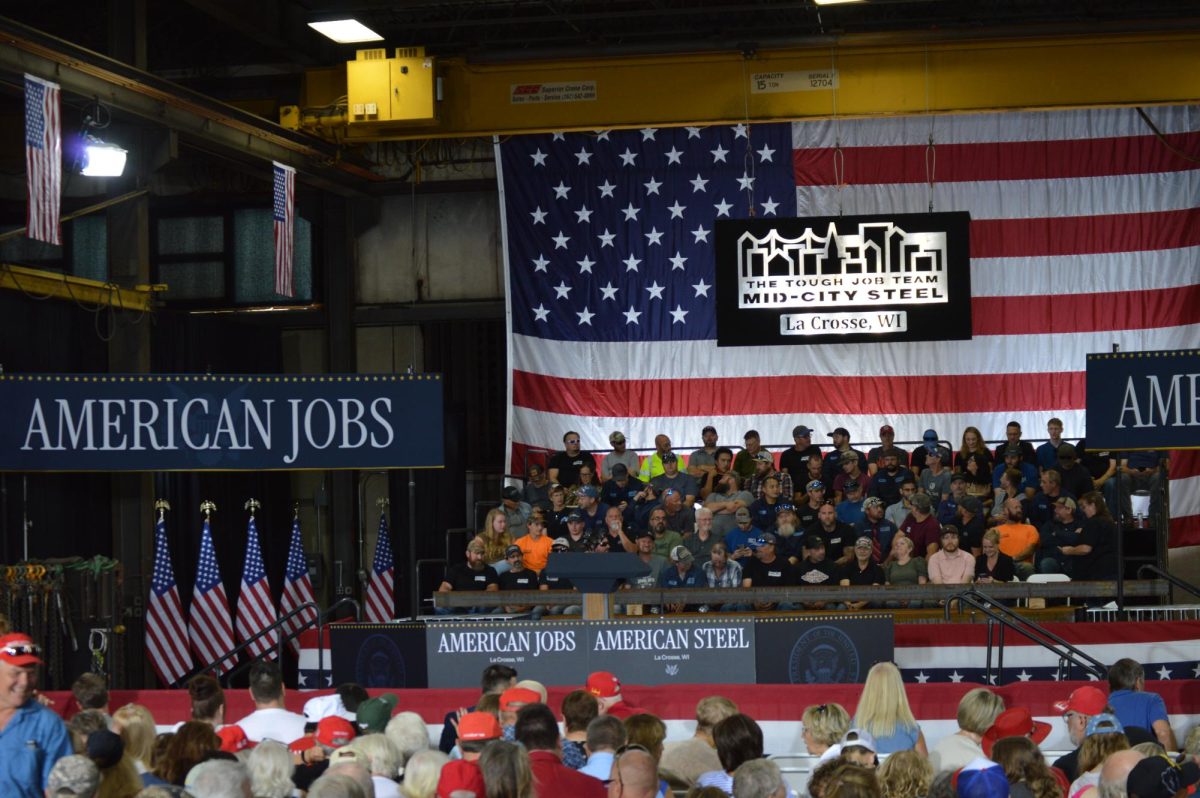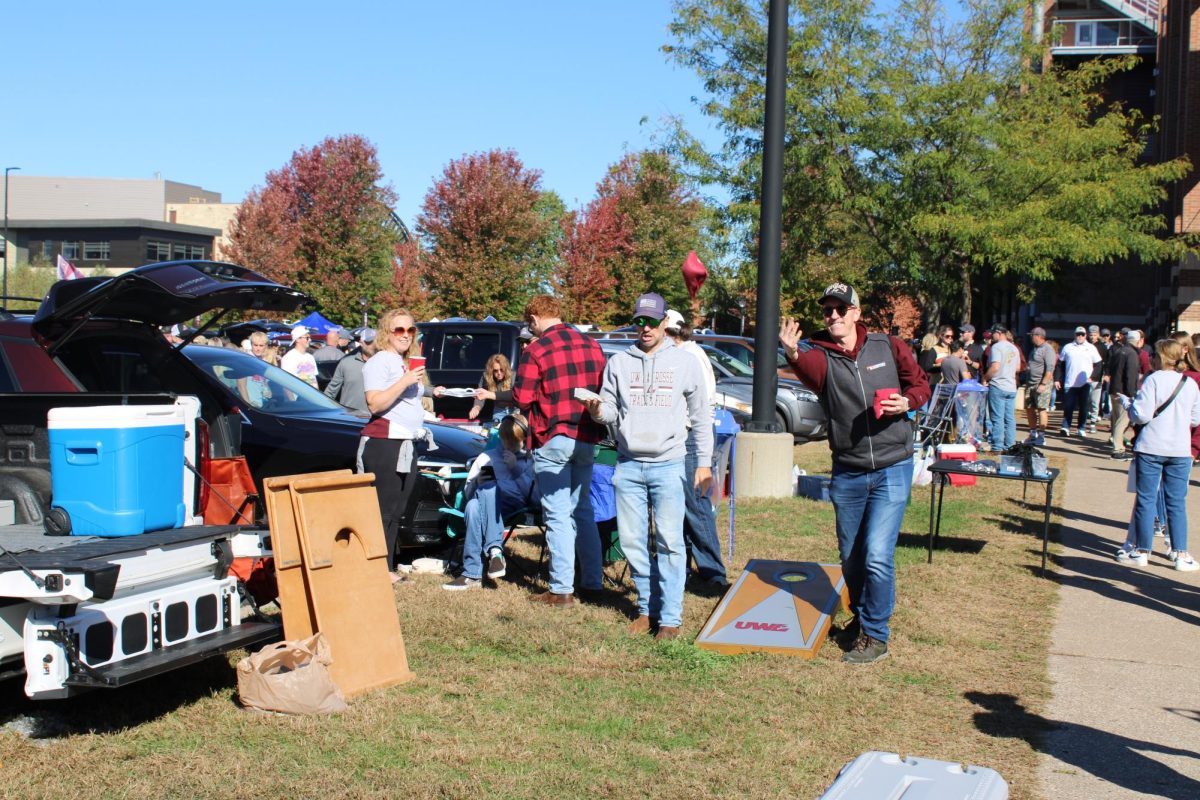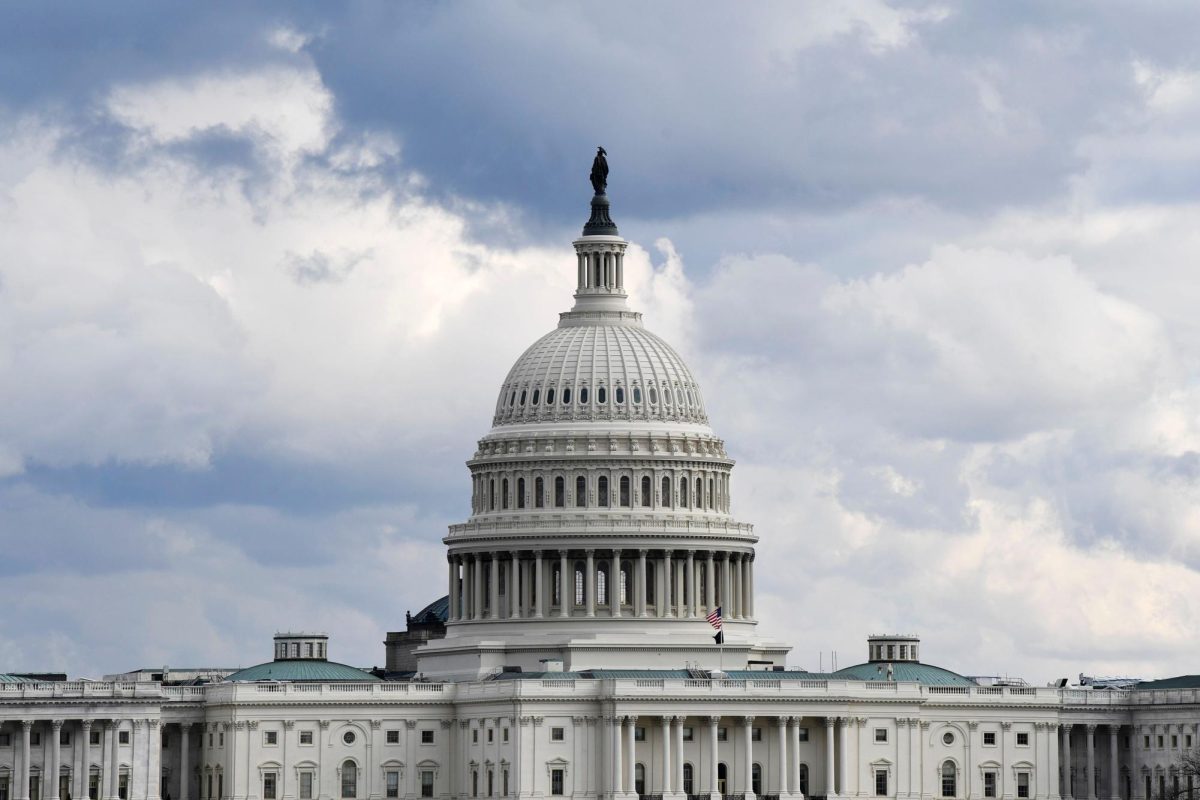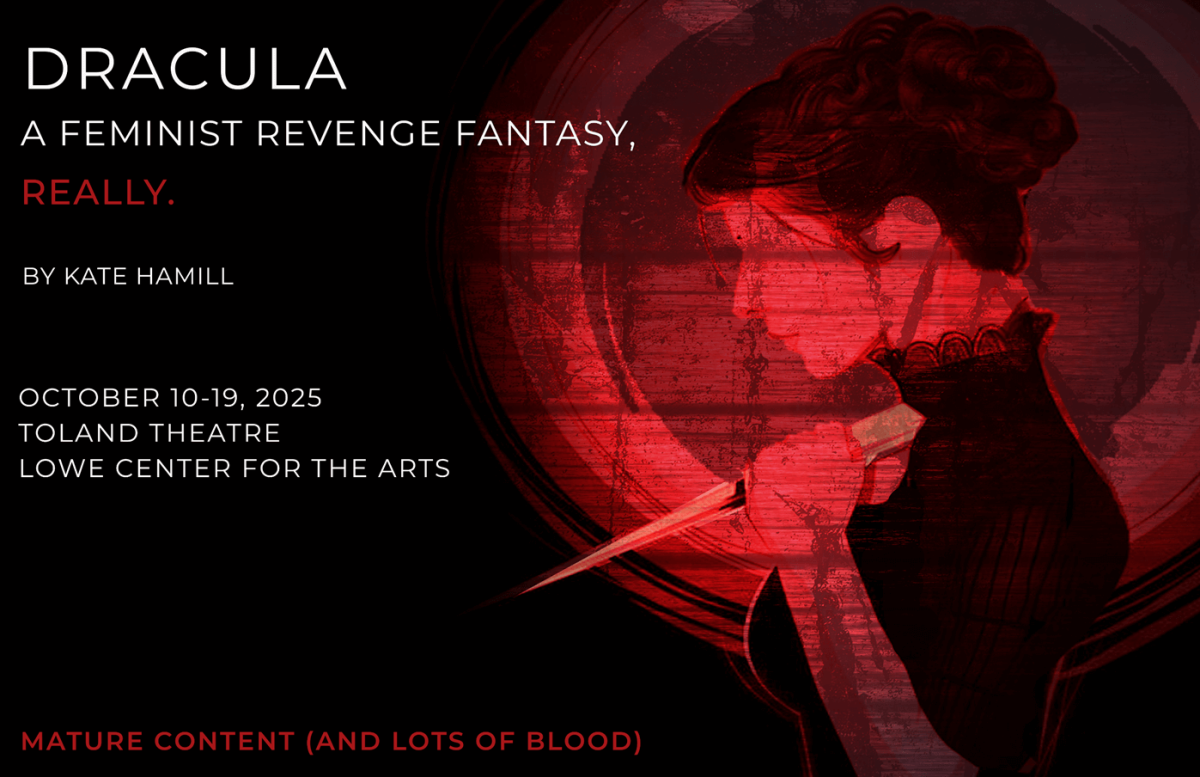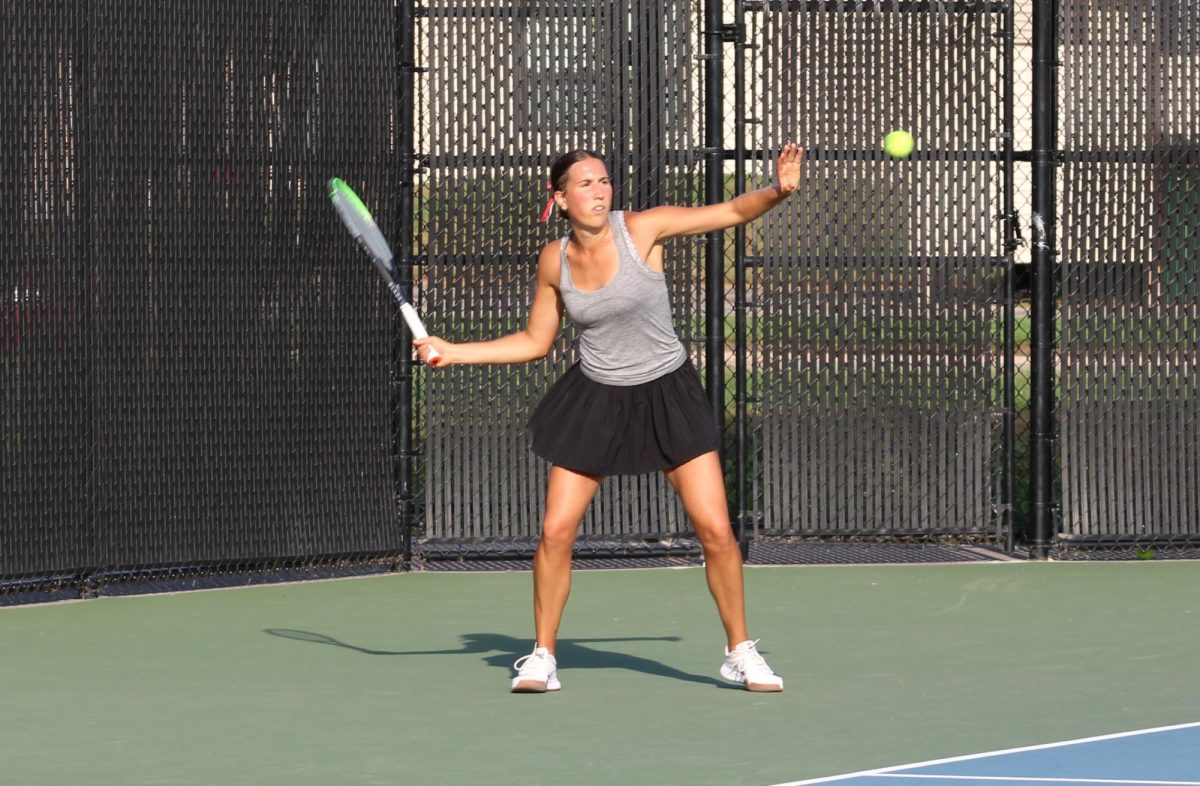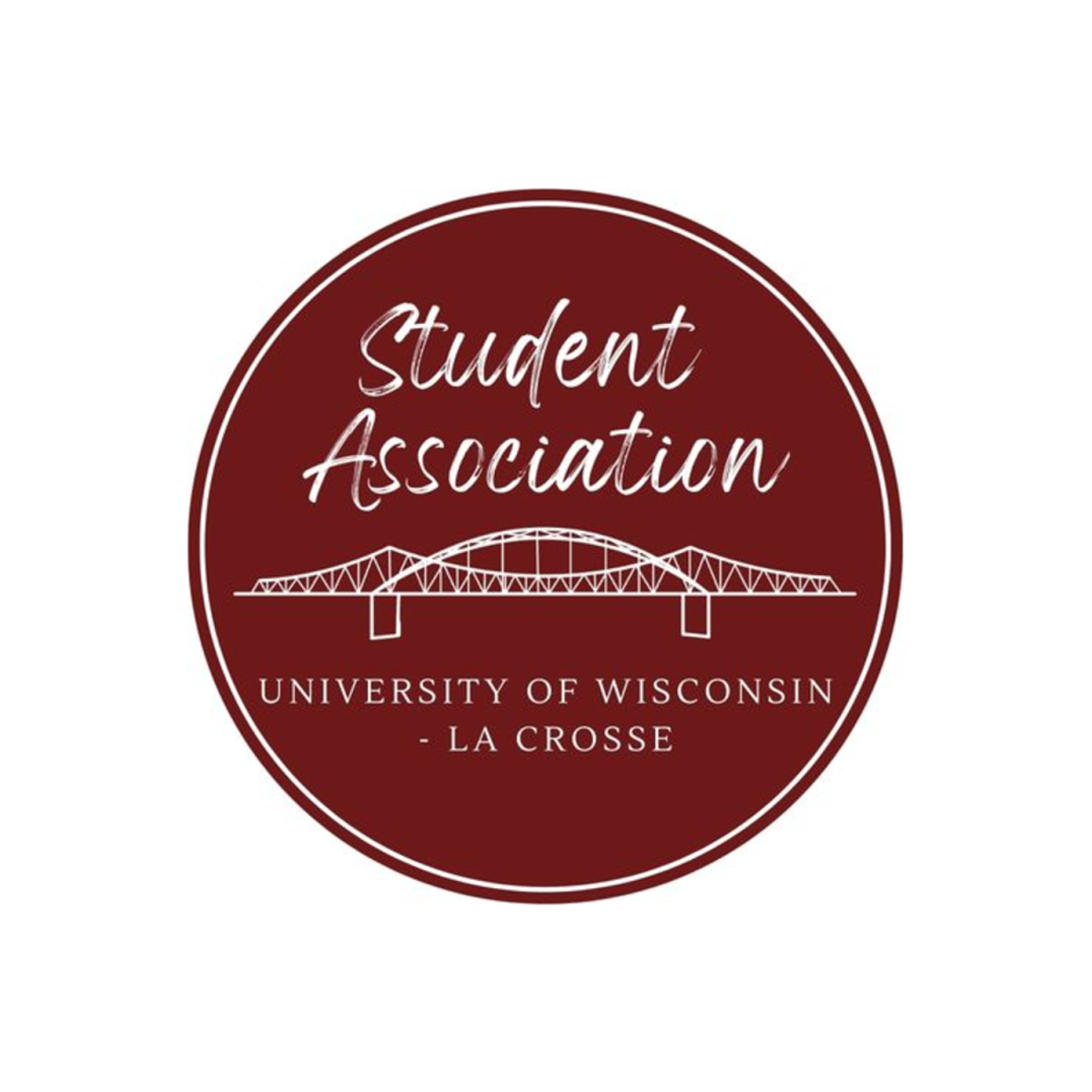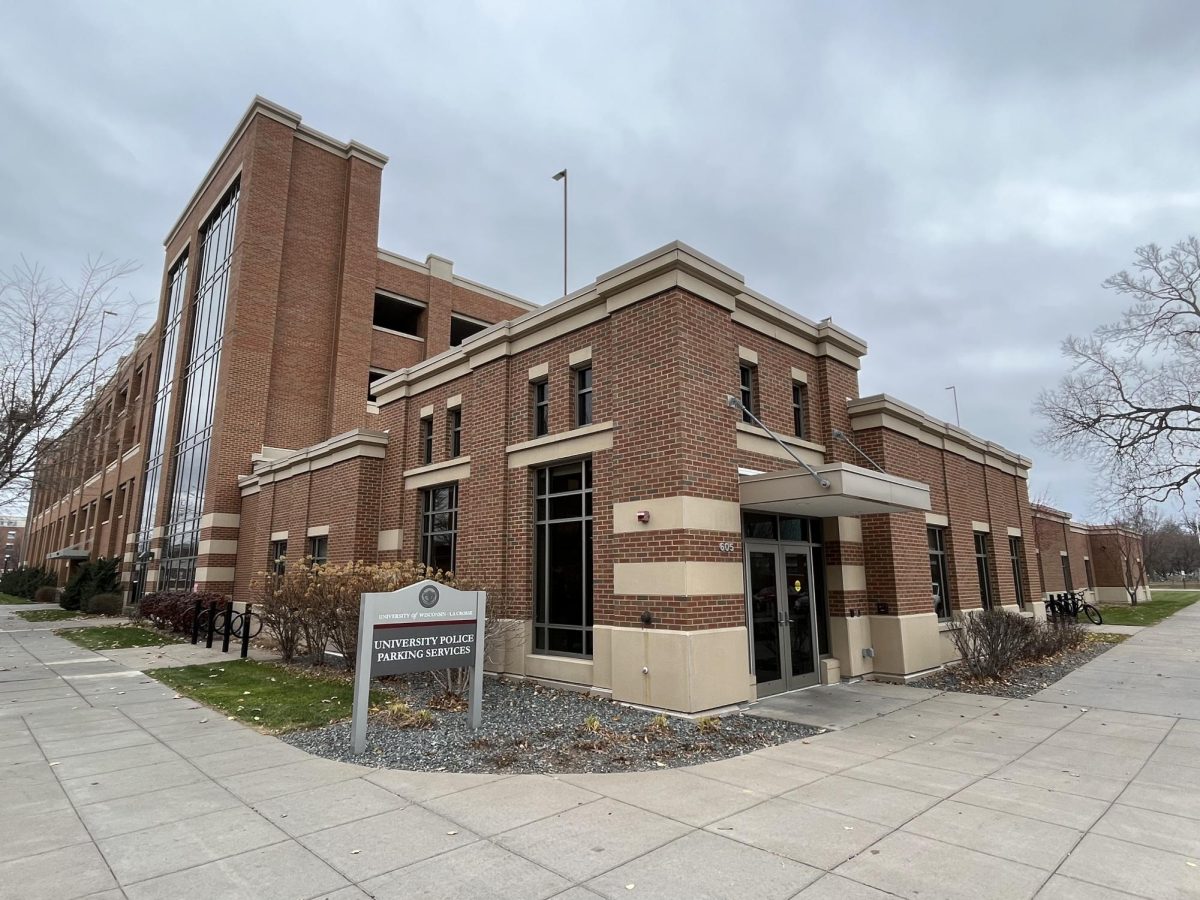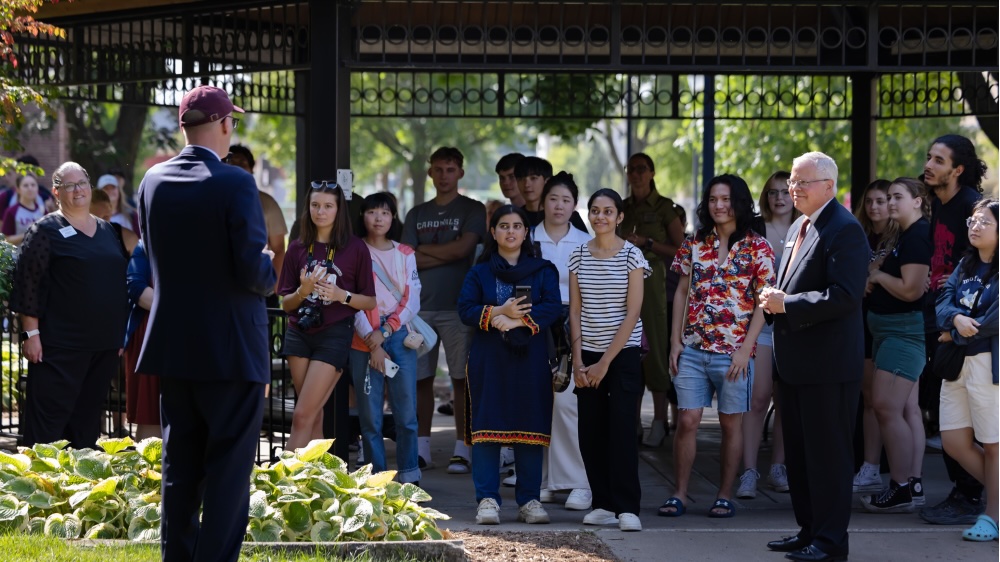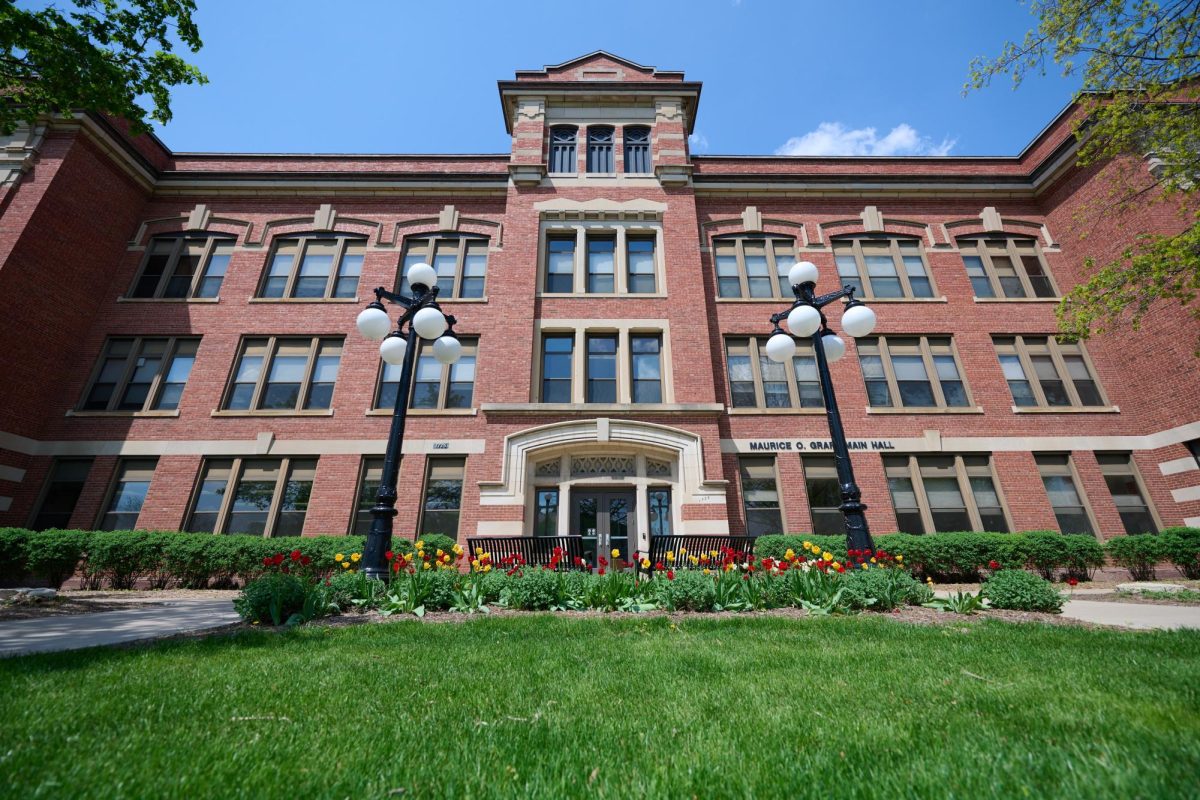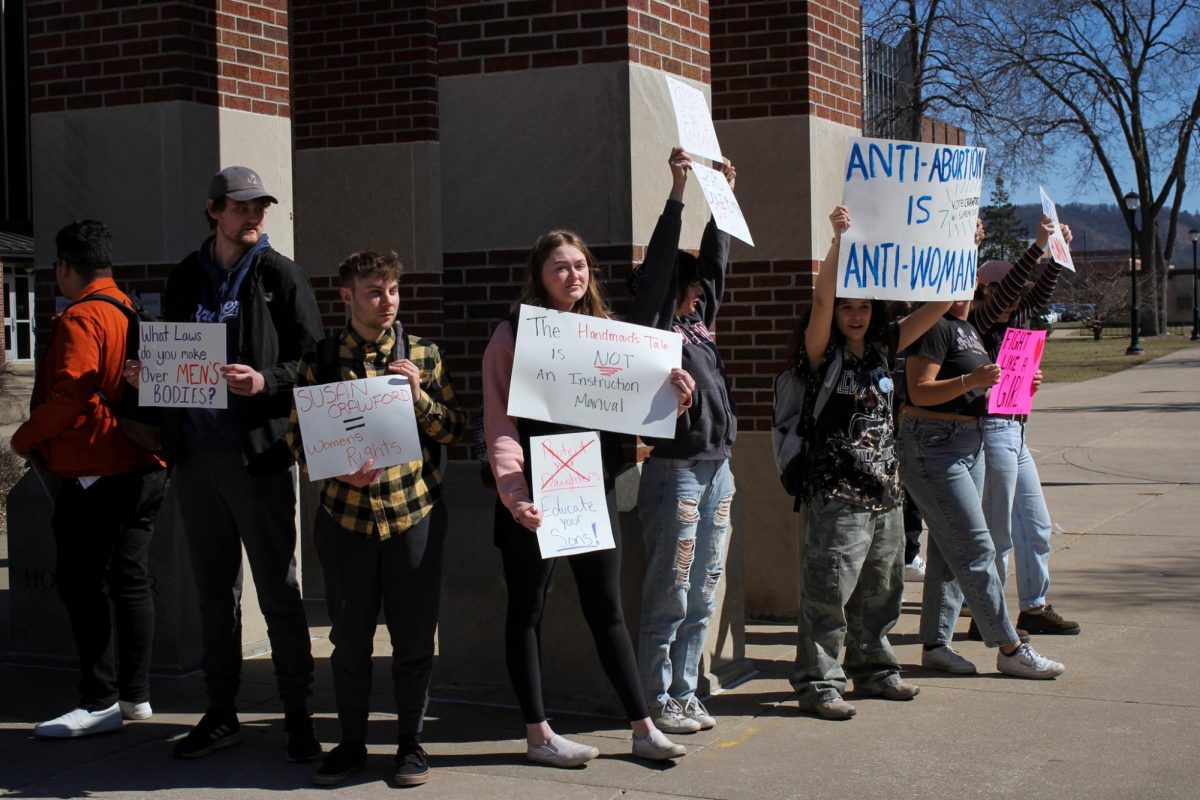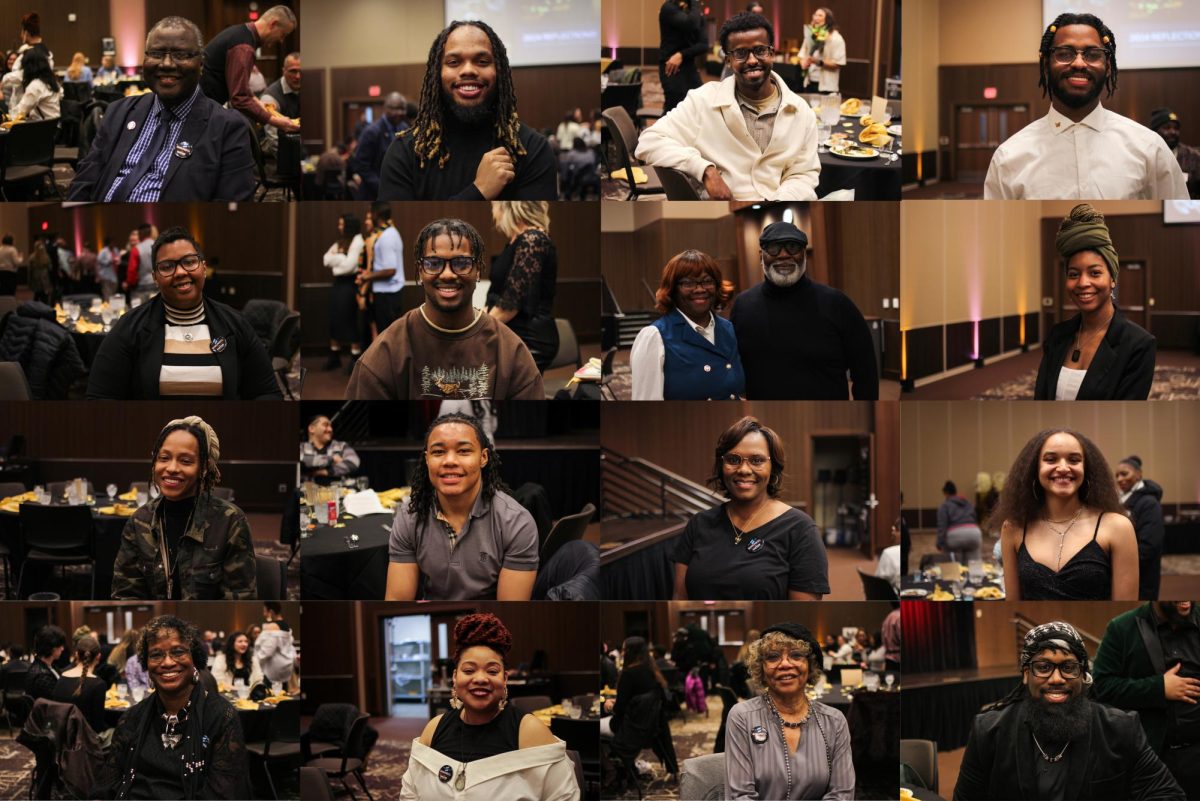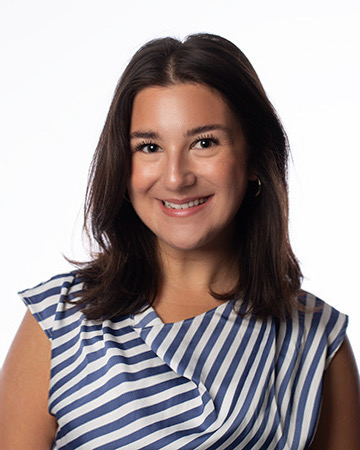As the class of 2028 applies to the University of Wisconsin-La Crosse, they are doing so under new admission policies.
In June, the U.S. Supreme Court ruled that race-conscious admissions policies are no longer lawful in public and private universities across the country. This decision reverses decades of precedent upholding affirmative action, now finding these policies to violate the equal protection clause of the 14th Amendment.
Like other colleges and universities, UWL looks at a plethora of factors when evaluating a prospective student’s application. “We look at the types of courses a student has taken to prepare them for college work, the rigor of courses. We look at measurements such as grade point average, class rank, in the past we have also used ACT, SAT test scores,” said Corey Sjoquist, Assistant Vice Chancellor for Admissions and Recruitment at UWL.
What UWL refers to as secondary factors encompasses essay prompts, extracurricular activities, leadership, employment, letters of recommendation and special talents, including athletic and musical abilities.
“Race was one part of that lengthy list of things that we [UWL admissions] would consider. Now, with the decision, we may no longer use race as a sole decision,” said Sjoquist. Sjoquist clarified that race has consistently been just one among several factors considered in the admissions process, never the sole determinant for acceptance or rejection at UWL.
The decision made by the U.S. Supreme Court aligns with the expectations of those involved in higher education. “UW System has been working in anticipation of the decision since last November,” said Sjoquist. “…when the decision was rendered in late June, we already knew where we had to make changes.”
On Aug. 1 the applications for admissions to UWL launched for those that would be considered students of the class of 2028. Sjoquist explained, these applications still asked the demographic question of which race and ethnicity the applicant belongs to, but answers were hidden by the admissions team reviewing the applications.
“When we review that application, we do not see that race and ethnicity response. It’s masked,” said Sjoquist. The question is still asked from applicants because, as an institution, UWL is required to report demographic data to both state and federal authorities.
Chief Justice John Roberts wrote the opinion for the majority in Students for Fair Admissions Inc. V. President and Fellows of Harvard College, saying that consideration of “race for race’s sake” is unlawful.
Colleges and universities’ admissions process may still consider how an applicant’s race has impacted their life, as long as “that discussion is concretely tied to a quality of character or unique ability that the particular applicant can contribute to the university,” per the Court’s opinion.
Sjoquist identifies the essay portion of UWL admission applications as an opportunity to consider how race has influenced the individual identity of that student.
UW system has a standard essay prompt that all the UW campuses use, UWL and UW Madison use an additional one. “We [UWL] worked with the UW System General Counsel to review our second essay prompt to make sure that it was compliant with the decision,” said Sjoquist.
The second essay prompt specific to UWL is as follows:
Please respond to ONE of the following: (1) How will your life experiences or commitments enrich the UW-La Crosse campus community? OR (2) Tell us why you are interested in attending UW-La Crosse and what aspects of the campus are especially important to you.
“We definitely have a desire at UWL to continue with the mission, vision and values of this institution. And one of our values is focused on Diversity,” said Sjoquist. “…we adjusted that second prompt so that students still had an opportunity to talk about their personal characteristics and experiences that they would contribute to the UWL community.”
Stacy Narcotta-Welp, Assistant Vice Chancellor of Diversity and Inclusion at UWL, said her department had been closely following the Supreme Court decision throughout the summer working to ensure that UWL admission policies remain fully compliant with the law.
“The university community and our workplaces are increasingly diverse and globally connected, and our students rightfully expect to be exposed to and learn from, a range of cultures, ideas and opinions,” said Narcotta-Welp. “It’s how we build stronger communities and a stronger workforce.”
The Supreme Court decision to overturn race-consciousness admission policies coincides with another critical decision affecting higher education in Wisconsin: a $32 million funding cut to diversity, equity and inclusion programs.
In context of the budget cut, the Diversity and Inclusion (D&I) division at UWL maintains a focus on student success and serving the needs of current and prospective students.
Narcotta-Welp mentioned D&I programs and staff that create opportunities for students from underrepresented backgrounds, provide accommodations for students with disabilities or help veteran students transition to civilian life. “We [D&I] are committed to serving students and continuing to provide these resources to the fullest extent possible,” said Narcotta-Welp.

